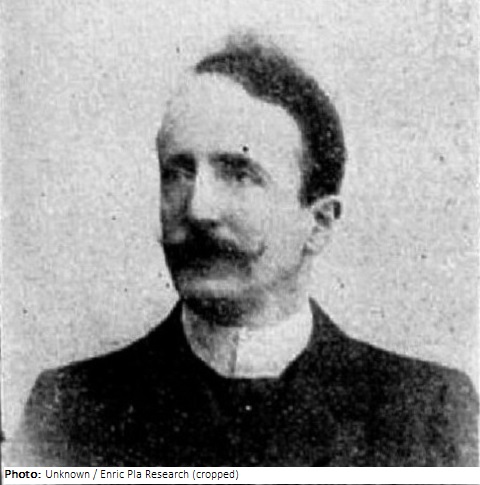Georges Breittmayer

Biographical information
| Roles | Referee |
|---|---|
| Sex | Male |
| Full name | Georges Auguste•Breittmayer |
| Used name | Georges•Breittmayer |
| Born | 21 August 1859 in Genève (Geneva), Genève (SUI) |
| Died | 29 January 1924 in Paris XIIe, Paris (FRA) |
| NOC |  France France |
Biography
Georges Breittmayer was a left-handed fencer. While he never fenced in any Olympics, he was a member of the French Olympic Committee and refereed in several Olympics. He fought in at least seven duels and wrote and published one of the last comprehensive dueling codes, The Code of Honor and the Duel, in 1918. In 1914, at the age of 55, Breittmayer became an aviator in the French Army, earning numerous awards and membership in the Legion of Honor.
Breittmayer’s most famous duel was in 1913 against the French Olympic fencer Henri-Georges Berger who was about 15 years younger than he was. The challenge had been made in 1910 but Berger had been recently married and refused to fight. In April 1913, Berger quarreled with an acquaintance and challenged him to a duel. The French code of honor, though, forbids a new duel until any existing challenge is satisfied and so the duel with Breittmayer was arranged to take place on 7 May 1913 at the chateau d’Orly.
Under French law, no duel may be fought in secret and so it was witnessed by about 400 people including 50 well-known Parisians and a large body of reporters.
At the start of the duel, Breittmayer attacked and Berger received a slight wound on his left thigh and a superficial chest wound under the clavicle. After the bout was paused briefly to check on the severity of the wounds, the duel resumed and Berger received a penetrating chest wound which may have nicked the pleura (the membrane surrounding the lungs).
The bout was again paused while four doctors examined the wound for 15 minutes. Berger’s seconds declared that he was unable to continue, ending the fight, and the opponents shook hands. The dueling had lasted about five minutes.
Later, in November of the same year, Breittmayer fought a duel with a Bulgarian army officer and that duel also ended with Breittmayer’s epee penetrating his opponent’s breast non-fatally.
Referee
| Games | Sport (Discipline) / Event | NOC / Team | Phase | Unit | Role | As | |
|---|---|---|---|---|---|---|---|
| 1900 Summer Olympics | Fencing |  FRA FRA |
Georges Breittmayer | ||||
| Épée, Individual, Men (Olympic) | Final Standings | Referee |
Olympic family relations
- Brother of Paul Breittmayer